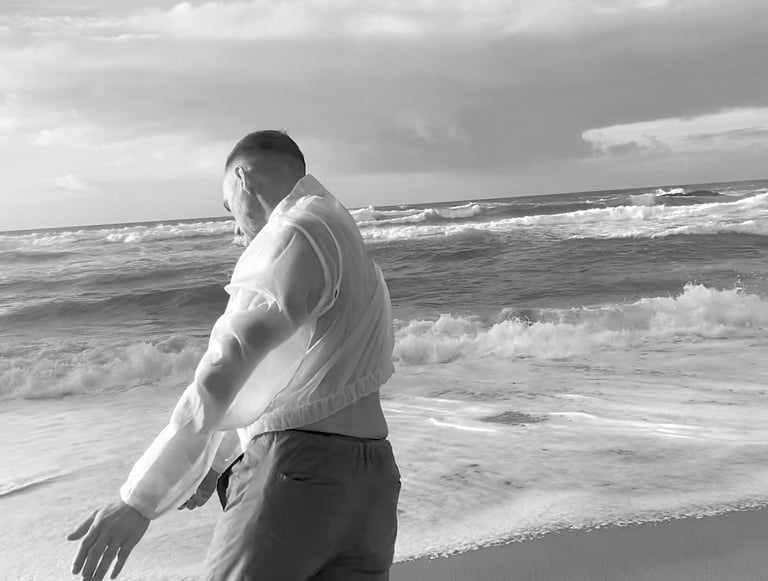Overthinking Isn’t the Problem
Why your busy mind might be trying to protect you
Mike O'Connor
8/18/20252 min read
I always pause when someone says, “I think too much.”
Or worse, when it’s said to them, like a diagnosis: "You’re overthinking!"
As if the mind were the problem. When these "thinkers" reveal what their mind is thinking about, it's usually complex, just like they are. And truthfully, it’s an unlikely goal to simply ‘stop thinking’ — not because thinkers can’t, but because the kind of mindless ease that requires is exactly the world they find frustrating, unprepared, and unappealing.
For many people, especially those who grew up navigating unpredictable or overwhelming environments, thinking is what kept them safe. Hypervigilance, planning, analyzing, anticipating — these are not dysfunctions. They are survival skills. They are the mind doing its best to protect you.
If you grew up reading the room before walking into it, planning ten steps ahead, or scanning for shifts in tone, then thinking became a form of regulation — a way to manage risk, stay connected, or stay safe. And that’s not something to shame. That’s something to respect.
As Gabor Maté says, “Trauma is not what happens to you. Trauma is what happens inside you as a result of what happened to you.” Often, what happens inside is a brilliant, overactive mind doing everything it can to keep you alive and functional in a world that wasn’t always safe.
So when we say, “Stop thinking so much,” it’s often a kind of violence.
It rips the carpet out from under a strategy that once worked.
It can feel like asking someone to turn off their only compass.
Thinking is a Skill — But it Shouldn't Exhaust You
What I’ve seen in my somatic bodywork and coaching is that many people’s strengths — creativity, problem-solving, leadership, intuition — are deeply rooted in this thinking mind. They know what’s coming. They feel into dynamics. They sense unsaid tensions. Often, they’re spot on.
The problem isn’t that they think too much.
It’s that they think alone.
The body isn’t invited into the conversation. Sensation gets shut down. Breath gets shallow. And the mind keeps working overtime — trying to hold all of it.
When we start to turn the volume up on the body, we don’t silence the mind. We just give it a partner.
The Body Doesn’t Need to Explode — Just to Be Heard
Letting the body come into focus can be scary. Sometimes the moment we stop thinking and start feeling, we fear something big will erupt — a wave of anger, a flood of tears. And often, we instinctively pull back. We go right back to the mind, to words, to control.
But giving the body space doesn’t mean inviting chaos. It doesn’t mean a volcano will explode. Most of the time, it just means letting sensation rise and fall — like breath, like waves, like the nervous system finding a new rhythm.
We don’t need to shut down the mind. We just need to let the body take up more room — in our awareness, in our decisions, in our sense of who we are.


